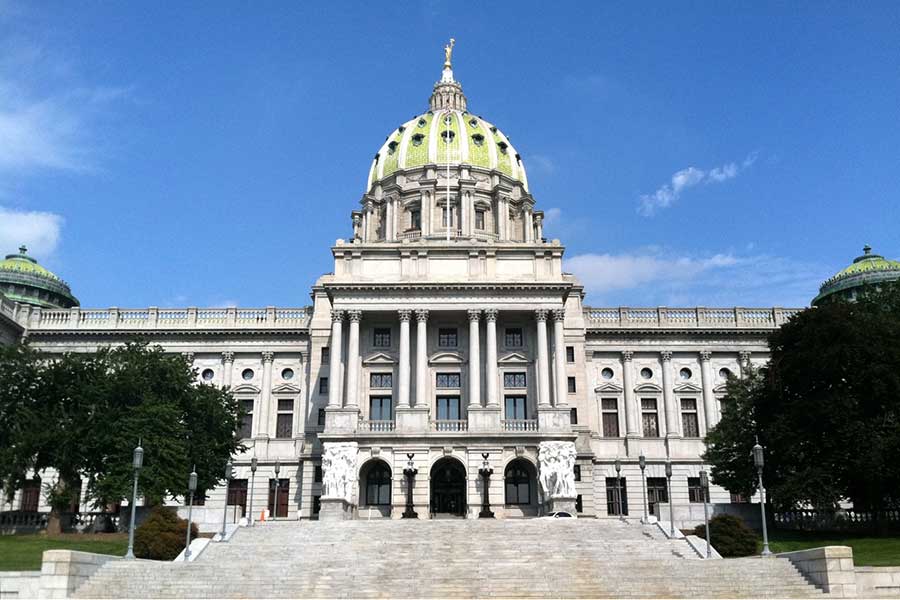Philadelphia organizations serving the LGBT community continue to provide programs and services, though they are owed, in some cases, hundreds of thousands of dollars from the state in the six-month stalemate that continues over the budget.
Democratic Gov. Tom Wolf announced at a news conference Dec. 29 that he would veto parts of the $30.3-billion spending plan advanced last week by the Republican-controlled legislature. He added he would release more than $23.3 billion in emergency funding for basic education, state-corrections institutions and medical assistance. It’s not yet clear when dispersal of those funds will begin.
Health organizations like Mazzoni Center and Metropolitan Area Neighborhood Nutrition Alliance have been invoicing the state for services that are normally funded.
Sue Daugherty, chief operating officer of MANNA, said her organization has sent invoices each month that amount to nearly $200,000 in awaited payments. MANNA has a contract with the state Department of Human Services for $350,000, which supports providing meals to children experiencing health problems.
“We’re hoping, from a cash-flow standpoint, we’ll see funds soon,” Daugherty said. “To date, we haven’t had to say no to anyone. It’s tough, but we’re managing.”
MANNA started as an organization to provide meals and nutritional guidance to people affected by HIV/AIDS. Over the years, its mission expanded to address other health disparities. Daugherty said MANNA receives funding from other organizations that specifically support services for people affected by HIV/AIDS. She added MANNA is using money that typically goes toward its operating budget to cover the expenses that the state is expected to fund.
Daugherty said there is about a two-month delay between a state budget passing and her organization receiving funding. After last year’s budget was approved in July, funds started arriving around October.
“There is a concern that, come January, we may have to make some decisions regarding services,” she said.
Ron Powers, chief operating officer for Mazzoni, said his organization has provided services for about $150,000 that the state has yet to reimburse. The money is expected to come through a contract with the Department of Health. It supports adolescent LGBT health care like the free Wednesday-night drop-in for young people.
“We definitely have not cut back on any services,” Powers said. “We’re able to use unrestricted funds from fundraising and third-party reimbursements from insurance. Luckily for us, state funding is a small percentage of our budget.”
Powers said Mazzoni has some Ryan White contracts, which pass through the state but ultimately represent federal money for HIV/AIDS services. He said these funds wouldn’t be impacted by state cuts or delays, and noted the real point of interest for Mazzoni is whether its contracts with the state will be renewed past July.
HIV/AIDS service organization Philadelphia FIGHT also operates largely without state funding, said Chip Alfred, FIGHT director of development and communications.
Alfred said the budget impasse was brought up at FIGHT’s most recent staff meeting and Jane Shull, executive director, said the impact on the organization has not been large at this point.
“Most of the funding is federal or through the city,” Alfred said.
Chris Bartlett, director of the William Way LGBT Community Center, noted a sizable amount of funding from non-state sources that has helped his organization weather the storm.
He said the center expects one grant from the state, which would be new this year, to fund community outreach. Bartlett said the community center has plans to conduct research in the local LGBT community and figure out what the emerging needs are.
“We can’t start that work until the budget goes through,” Bartlett said. “But we don’t have any other state funding.”
